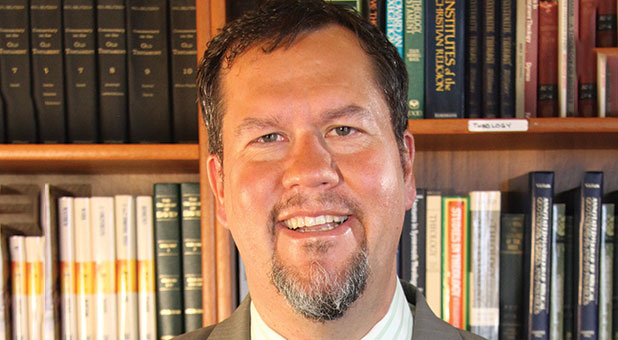By understanding global trends, the American church has the opportunity to revolutionize how we reach and transform lives
This is a critical time for the American church to understand its role in a global context. Macro trends demand a dramatic shift in how the American church responds to new realities—especially as it relates to global missions.
The neo-paganism of the West and the spiritual rise of the rest is a reality. A hundred years ago, 75 percent of the global church resided in the West and 25 percent in the South (referred to as “the majority world church”).
Today those numbers have flipped-flopped. Instead of an “us to them” mentality of mission, the narrative needs to be “from all to all.” Instead of a unilateral approach, we need new collaborative models.
The secularizing power of globalization and its seductive twin, materialism, have become the prevailing ideology of a connected and urbanized world. Of course, traditional faiths still hold sway, but their influence is diminishing as sensuality, financial greed, rampant consumerism and individual gratification grows. The greatest urbanization in the history of humanity is under way, and a more robust urban theology is needed to address it.
One of the pervasive problems in the first world and emerging economies is an underlying tyranny that propagates a belief that we deserve to have whatever we see and want. It’s a locust destroying our physical and spiritual environment.
We cannot underestimate the emergence of a social justice generation. They are consumers of causes, intent on changing the world through personal advocacy and participation. This is an opportunity to be harvested and a threat to be managed. If ignored, it will create an ever-growing generational and philosophical divide in local congregations.
Churches’ legacy missions programs will continually be put to the test by a generation driven by personal relationships and ideations over traditional missiology and institutional or denominational loyalties.
The challenges of the 21st century are putting unique pressures on families and, subsequently, children. Global kids spend less time with parents and have great access to media at younger ages. The consequences are devastating, resulting in critical life decisions and habits being formed at younger ages. This has created a void the church can step into by developing programs to reach the staggering needs of children worldwide.
The two expansionary world faiths of Christianity and Islam will inevitably continue to clash, not just along the southern fault lines of the Sehal in Africa but in urban areas that demand coexistence. Whether it’s frontier evangelism in northern Nigeria or building a mosque in Manhattan, the church needs a socio-spiritual response that demonstrates the love of Christ in power and praxis.
Although the gospel’s footprint has grown dramatically in the last 100 years, 86 percent of all Muslims, Hindus and Buddhists still do not personally know a Christian. Additionally, there are 1,976 languages that have not been translated into God’s Word—and this represents 209 million people.
These many “mini-marginalized” people groups are in extreme, difficult locations. There are no easy places, especially for Americans, left to go. Intentional commitment to the unreached and least reached, in ruthless partnership with the majority world church, is critical.
Classic generalist missionaries are no longer the answer. Instead, we need highly specialized individuals from multiple disciplines in business, education, community development, sports, politics and the arts to serve, mentor and facilitate the spiritually vibrant and committed human resources of the majority world church.
I believe the church is God’s answer to reach the world. By understanding global emerging trends, the American church has the opportunity to shift to a 21st-century missions mindset and revolutionize the way it reaches and transforms lives.
Rob Hoskins is the president of OneHope, an international ministry changing lives by sharing Scripture with young people around the world. In collaboration with churches and ministries—and working with local governments, schools and nongovernmental organizations—OneHope has reached nearly 1 billion young people in more than 125 countries with a relevant gospel message.














































